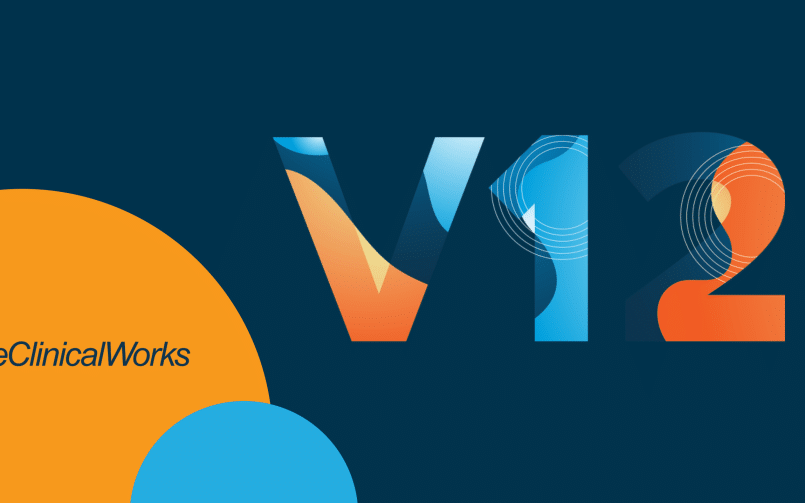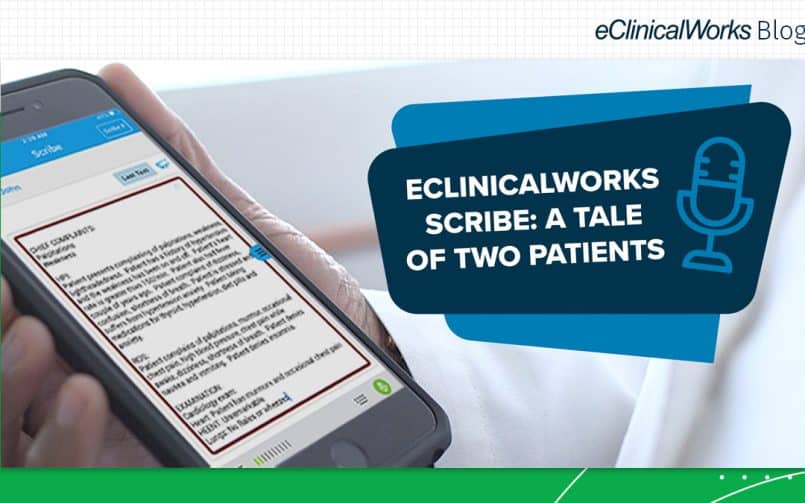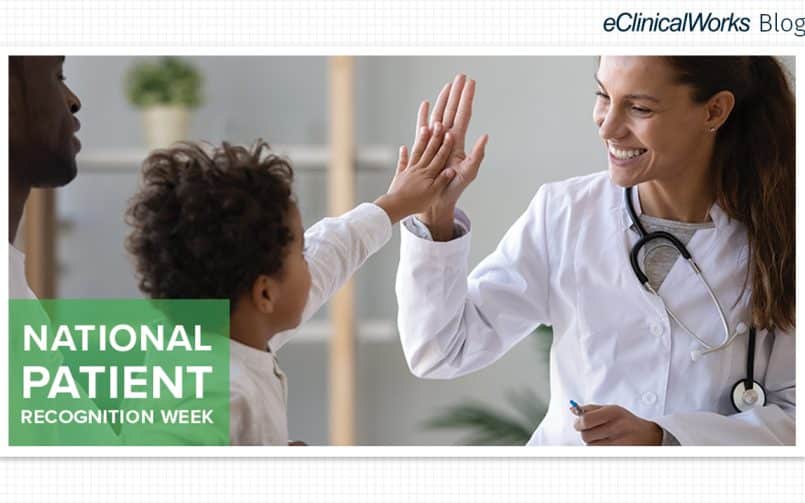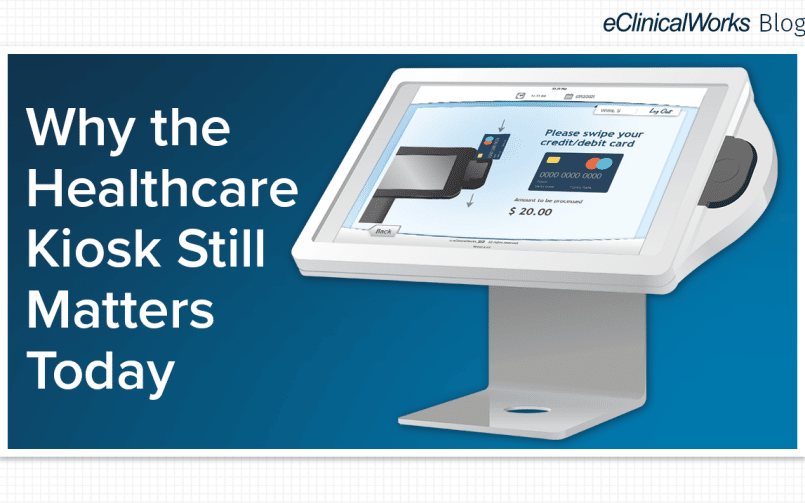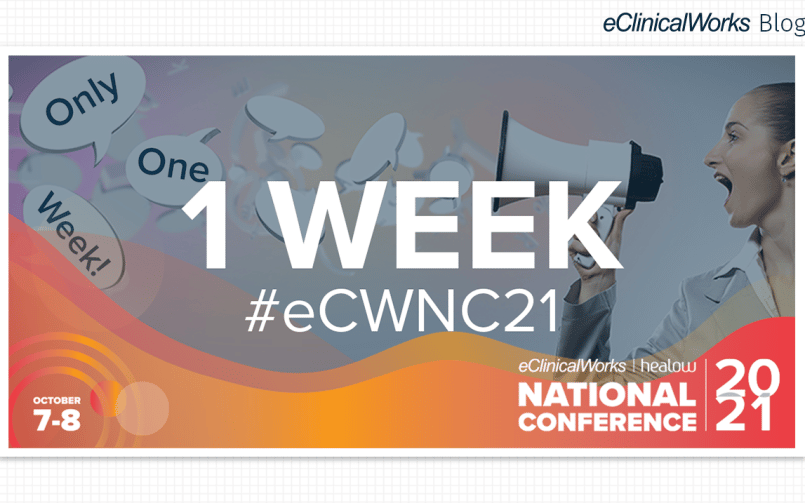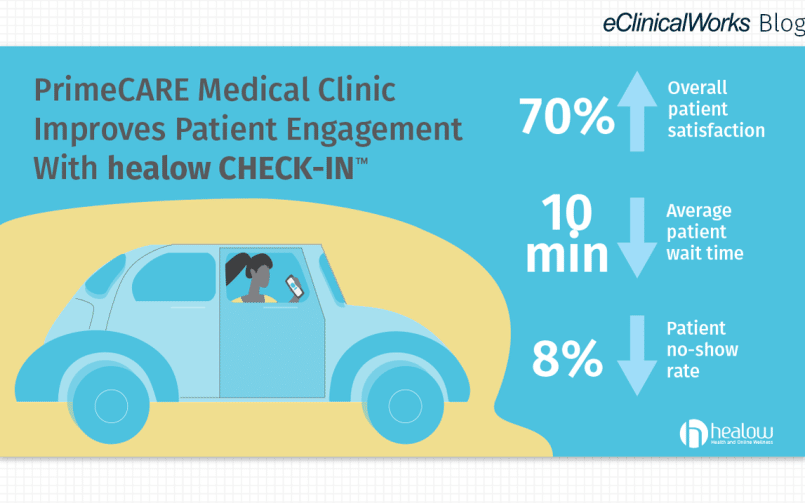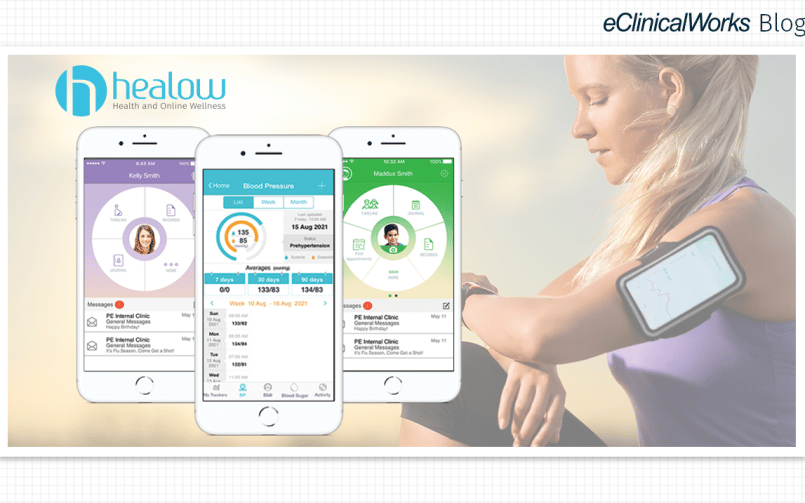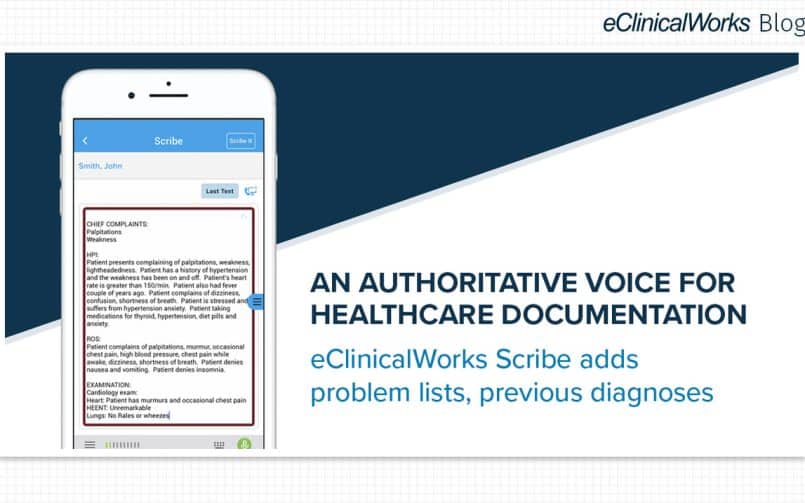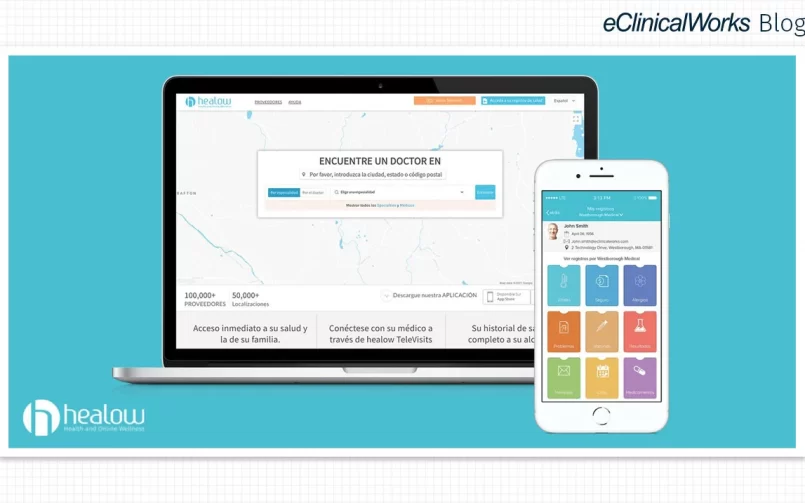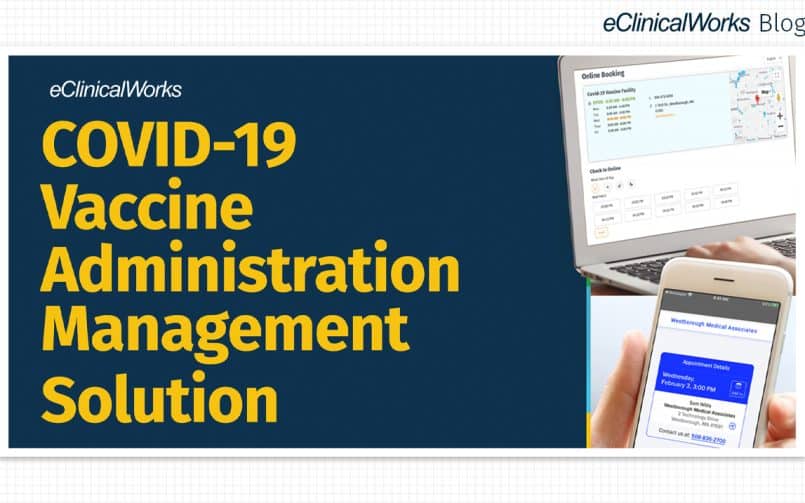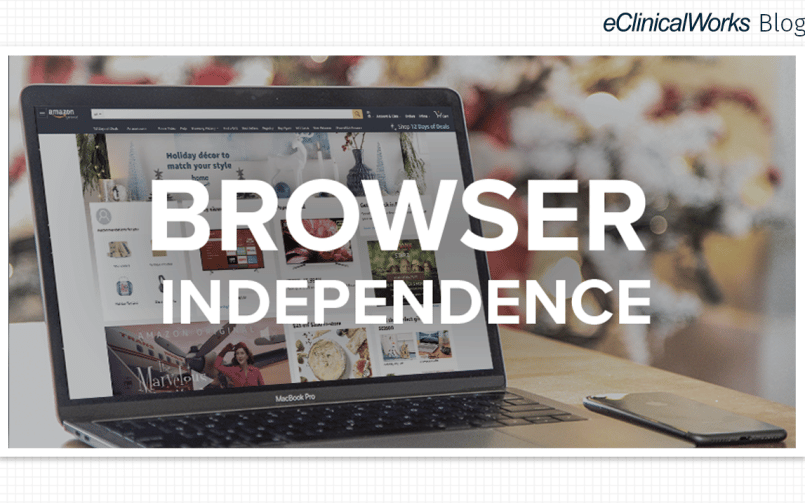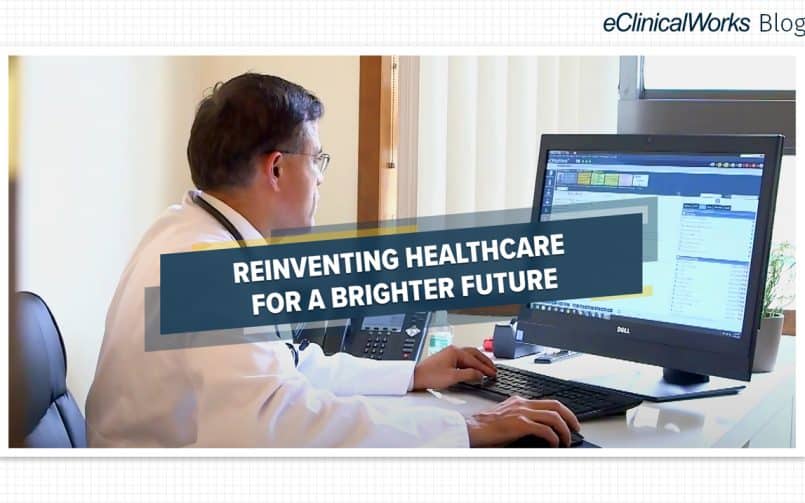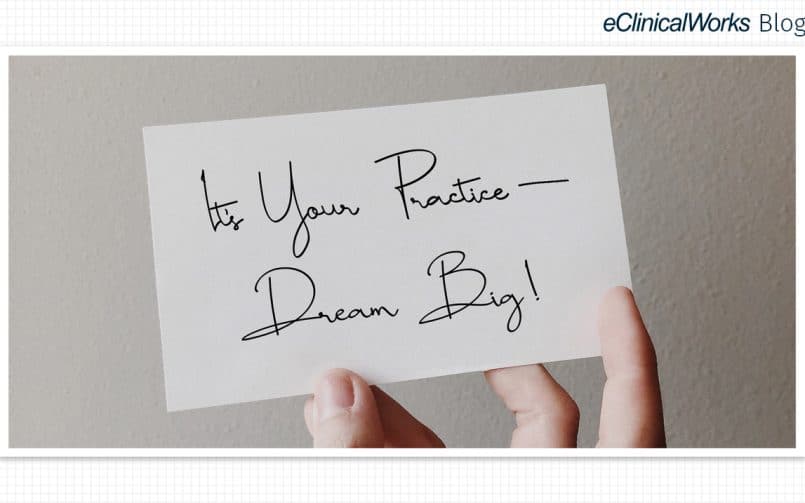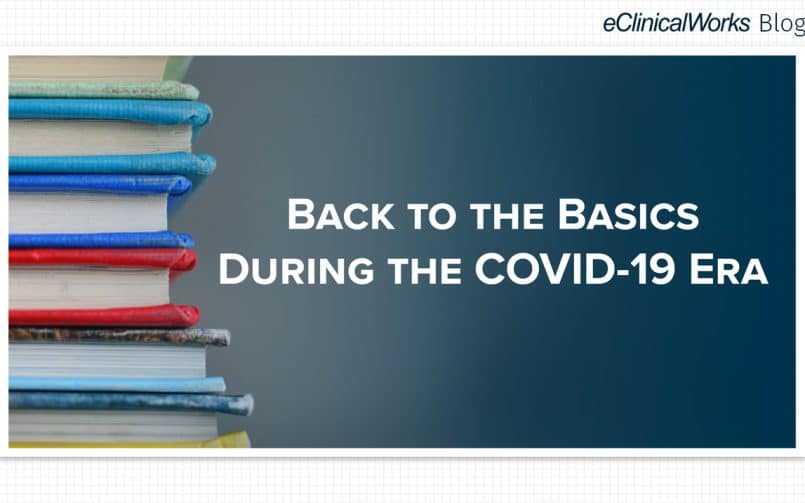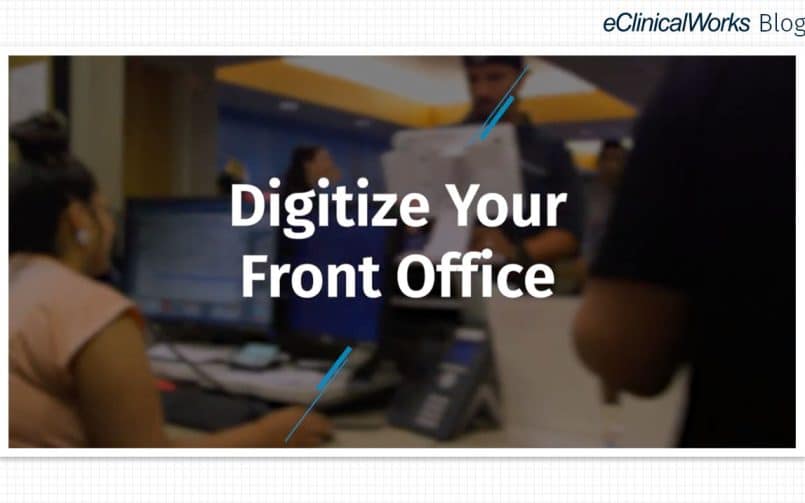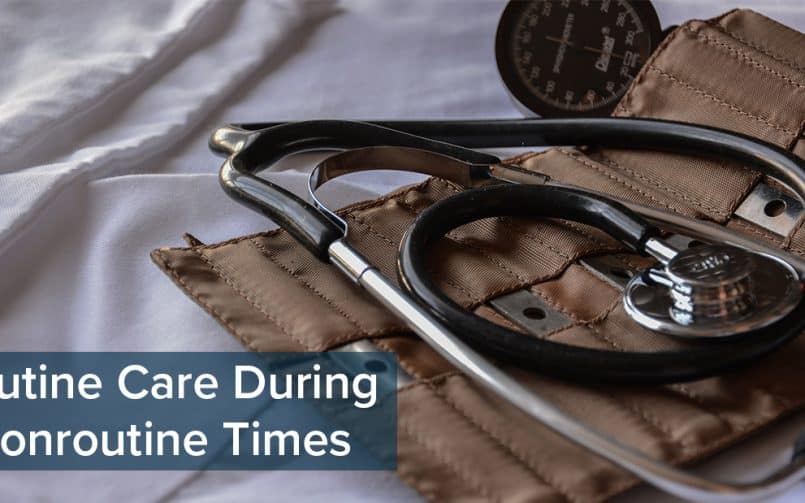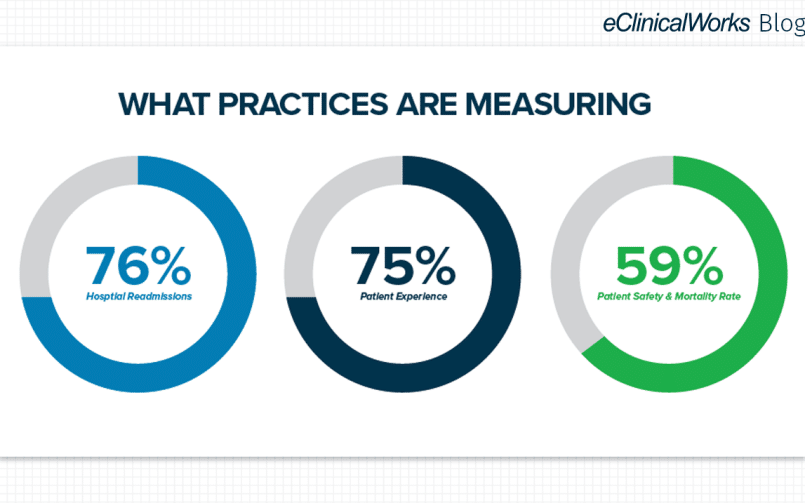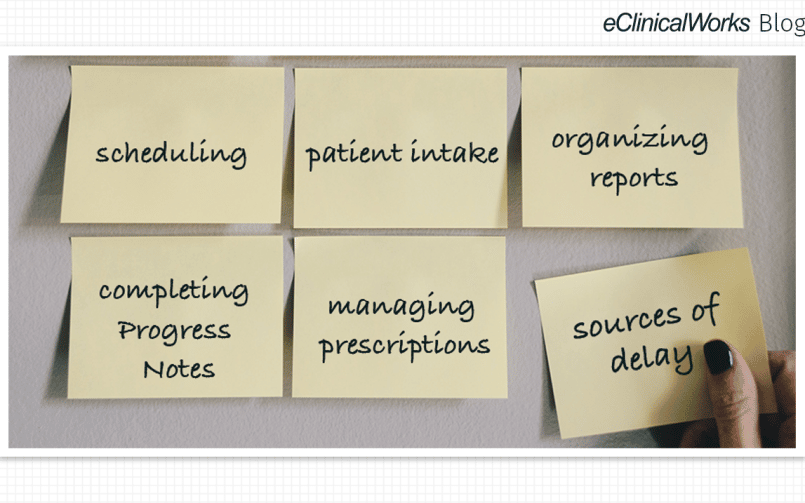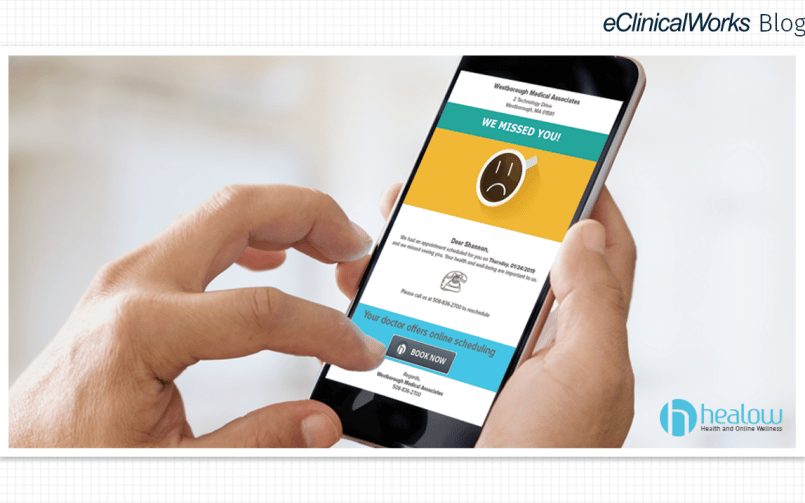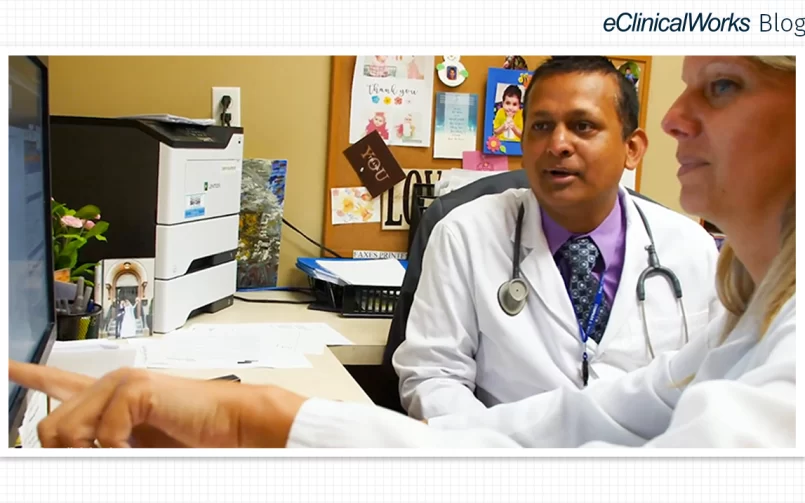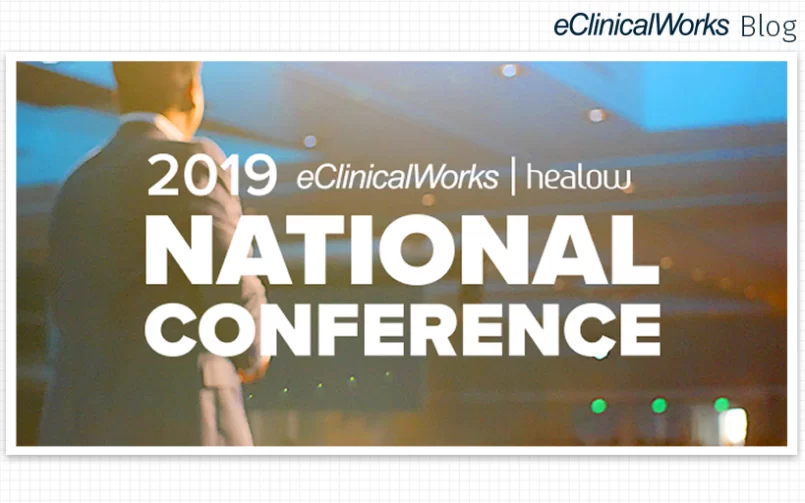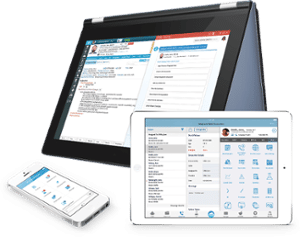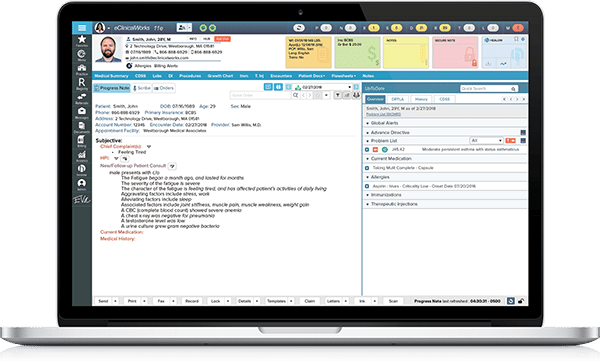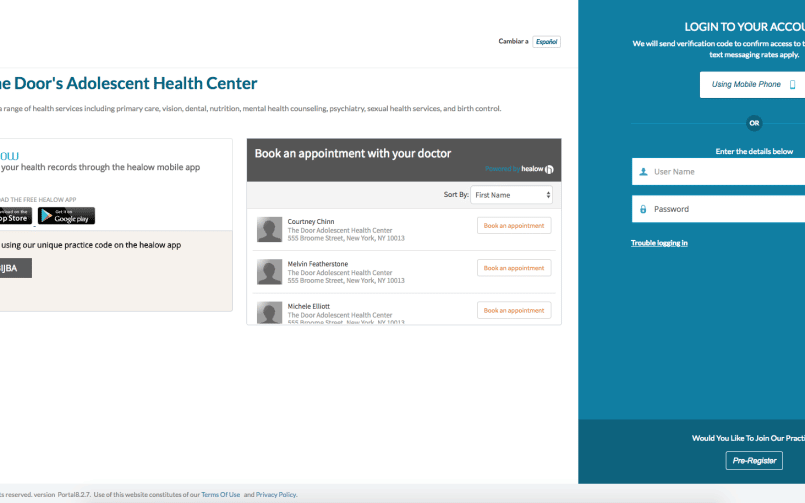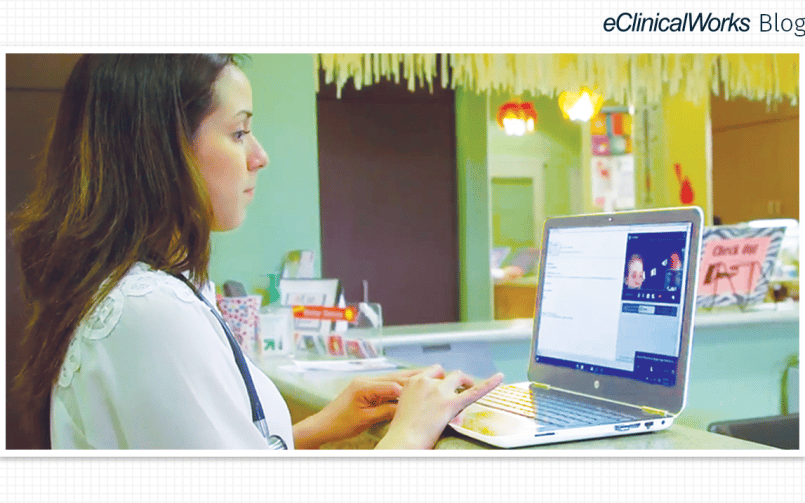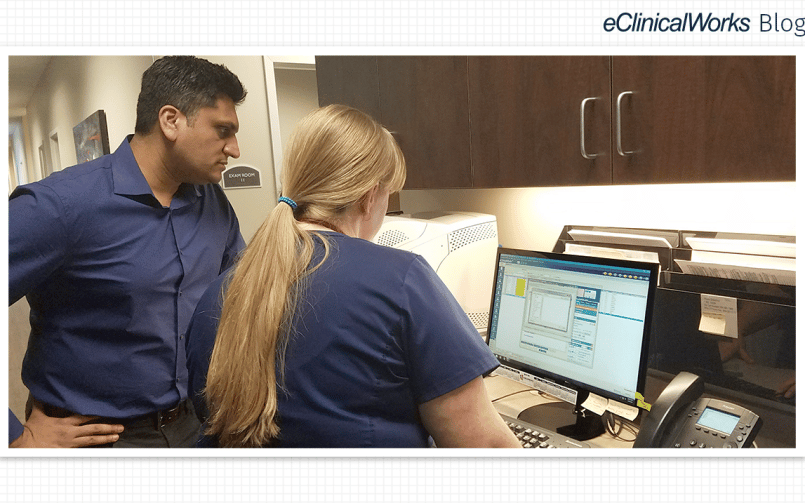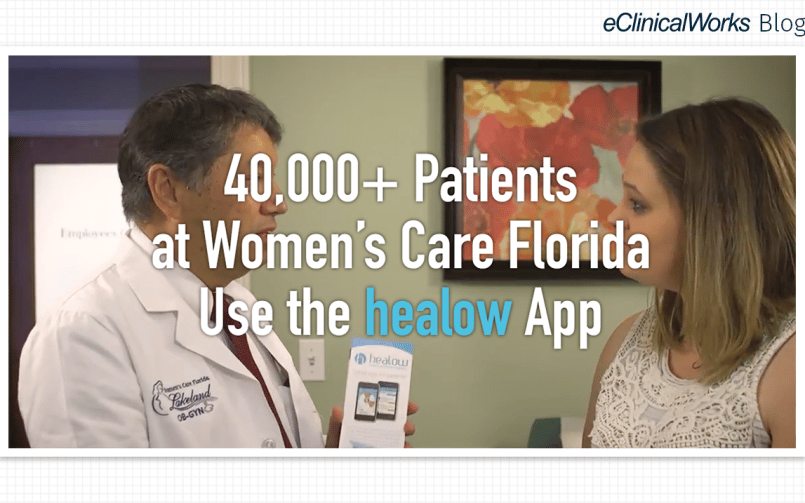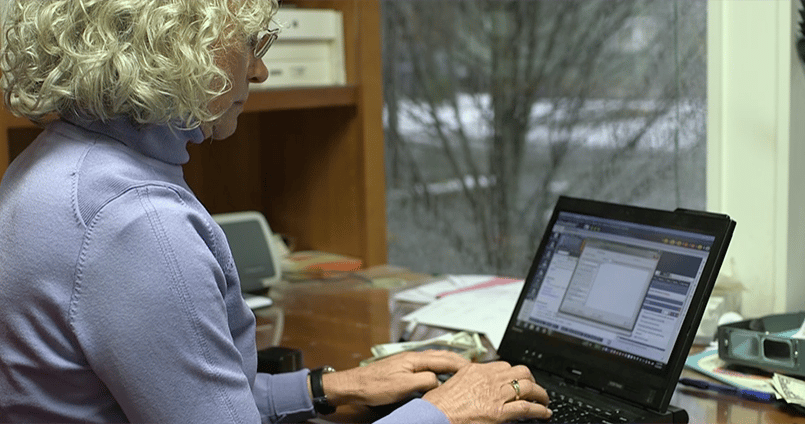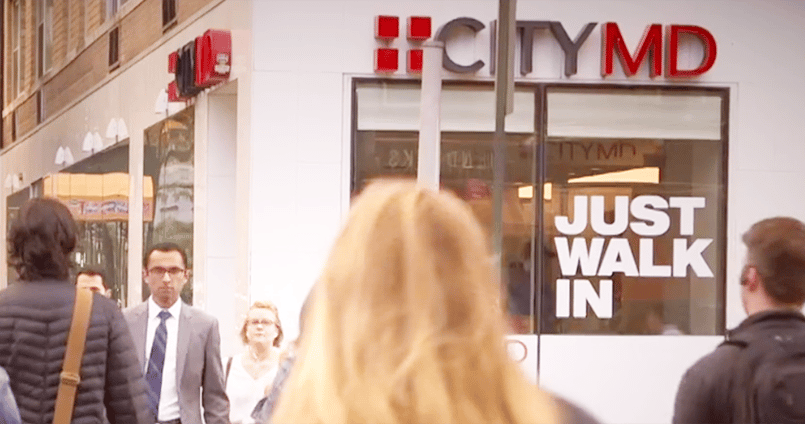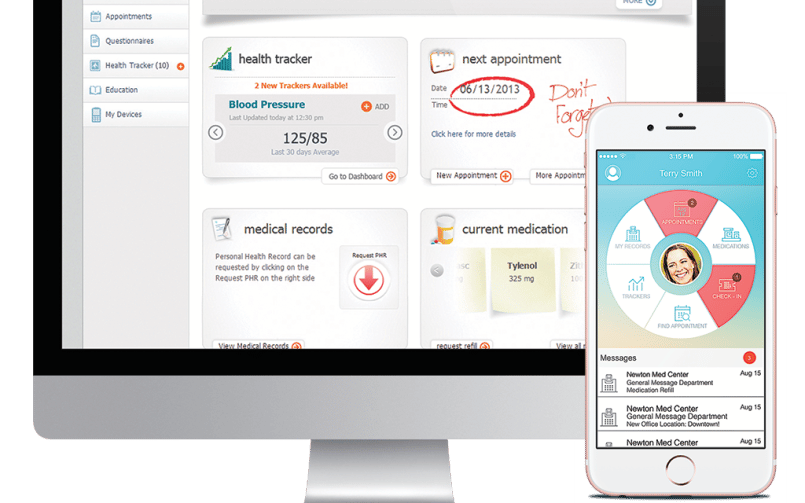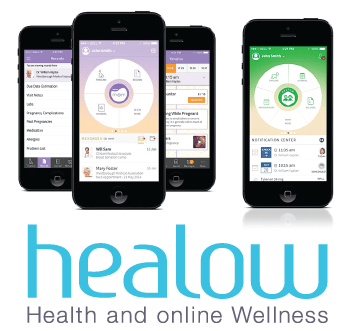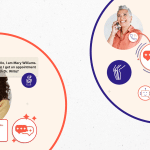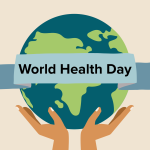Better Ways to Hear Patients’ Stories
- 23 March 2021
- Blog
eClinicalWorks
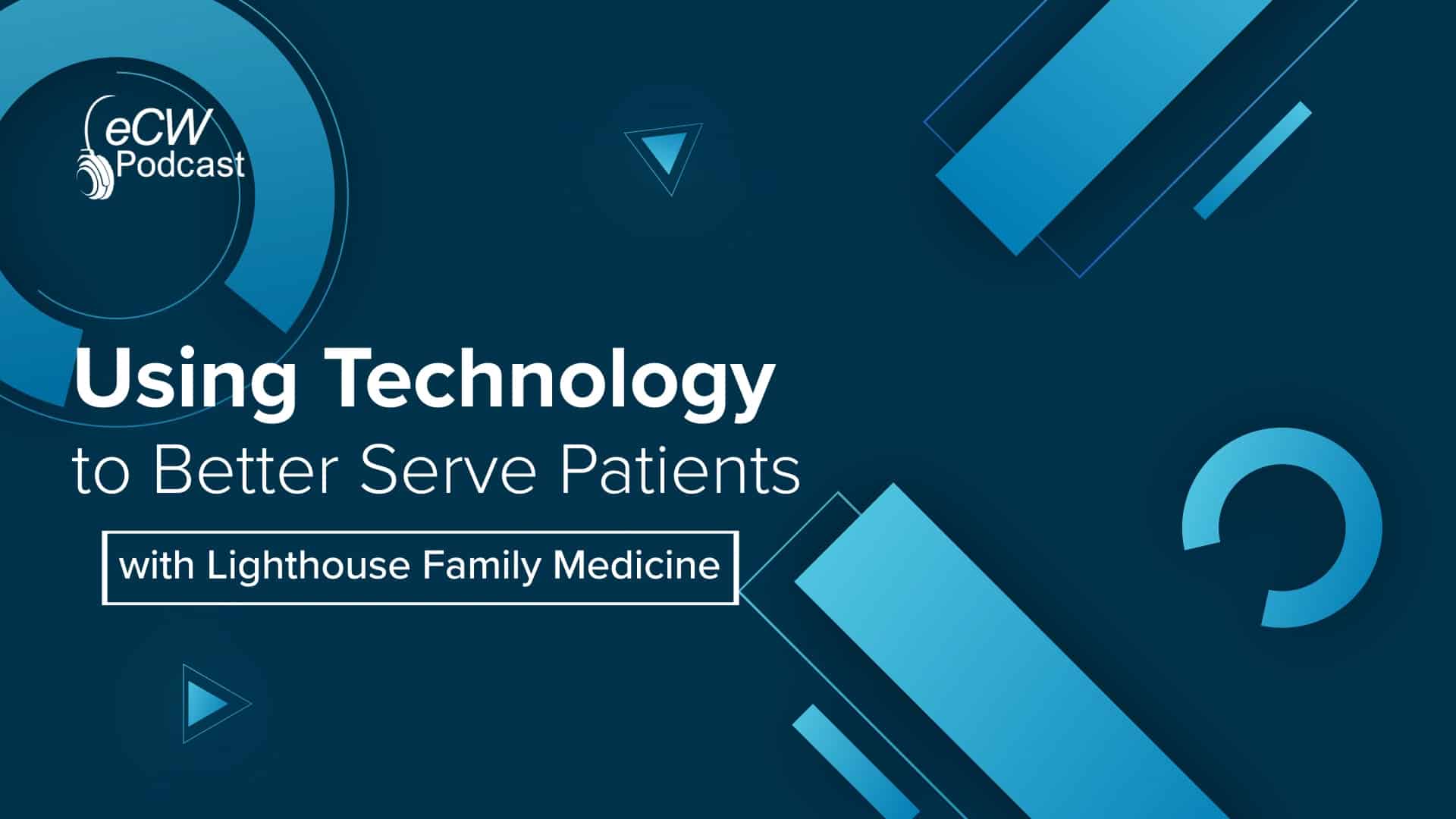
Beginning with a new perspective
Dr. Kenneth LeCroy says his family primary care practice, Lighthouse Family Medicine, often has nurse practitioner students who are eager to know what each patient’s diagnosis is. As much as diagnoses matter, Dr. LeCroy offers these students a broader perspective.
“In a family medicine and internal medicine clinic, we generally write about 100 different drugs,” Dr. LeCroy said. “That’s our armamentarium. And we generally deal with about 100 different diagnoses on a career basis. But we deal with about 1,000, or a million, or an infinite number of stories. That’s the heart of medicine. That’s why we went into this — so we can really learn patients’ stories.”
And for truly hearing, recording, and responding to those stories, he adds, there is no better tool than eClinicalWorks.
Reinvention begins with better communication
Dr. LeCroy and his team of 15 full-time employees understand that today’s patients want the same things they themselves want — convenient and safe ways to book, conduct, and follow up with medical visits. The shared goal is simple: Focus on each patient.
That process starts with reinventing how the practice communicates with patients.
For the last two years, Lighthouse Family Medicine has worked hard to train patients — young and old alike — in the use of eClinicalMessenger®. The use of messenger campaigns has reduced the number of phone calls and allowed the practice to effectively address concerns — such as where patients can go to get a COVID-19 vaccine — that could easily flood the practice with phone calls.
Checking in without the dreaded clipboard
As Dr. LeCroy explains in this edition of the eClinicalWorks Podcast, patients and providers also share a dislike of those clipboards that come with long questionnaires.
Today, the practice is using Kiosk to do away with all that paper — which first required patients fill out information, then required staff reenter that information into the EHR, and ended with having to shred all the paper to protect privacy. With the Kiosk, patients can quickly complete their questionnaires and other previsit information electronically and move more quickly to the actual encounter with their provider.
“It’s that interaction with you, the patient, that’s the most important part, and that’s where eClinicalWorks really excels,” Dr. LeCroy said.
Faster and better documentation
Of course, reimagining a primary care practice would not be complete without making the patient encounter as efficient as possible. Here too, Dr. LeCroy has found a solution that works well for him — eClinicalWorks Scribe® on an iPad®.
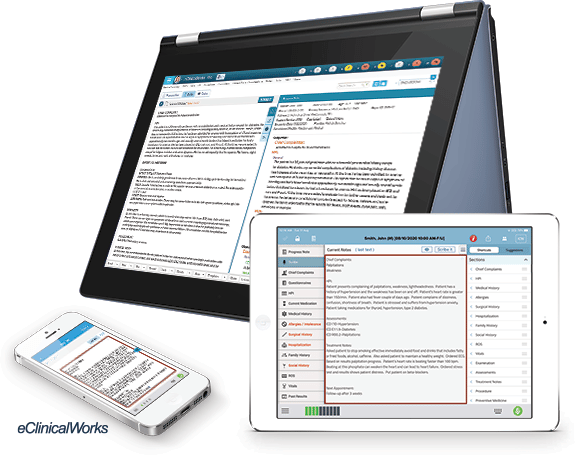
“I believe that the iPad is a superior tool for documenting when you’re in a room with a patient because it’s less obtrusive,” he said. “The patient is talking about very sensitive things. They’re spilling their heart to you, and they’re really wanting your help. Patients will overestimate the time that you spent with them if you sit with them rather than standing with them. eClinicalWorks really does have the superior product for that.”
“I can get that very complete story which I’ve talked to you about,” Dr. LeCroy adds. “When I just get to say ‘Scribe it,’ it makes things wonderfully happy because I can finish those charts by the end of the day.”
Writing clearer patient stories — without burnout
Take together, Dr. LeCroy points out, eClinicalMessenger, Kiosk, and Scribe can make a real difference for providers who face increased workloads and a consequently higher risk of burnout.
“Let’s keep the doctors we have,” he notes. “That’s really an important aspect of this.”
But there’s one more aspect of medical storytelling that these products help with, one that is familiar to many providers and patients: famously bad handwriting.
“In the old days, I would scribble on a piece of paper,” Dr. LeCroy said. “That was very simple, very fast, and horrible. I had terrible notes. I had terrible handwriting then and still do. I just can’t stress enough how much I am impressed by the Scribe voice dictation system. That is really the best way to keep the Progress Note. So, I’m trying to get my other providers to do it, too.”
Some of his providers, Dr. LeCroy notes, still like to type. But he remains hopeful that they will join him in using Scribe. After all, creating great Notes is the first step toward creating patient stories that lead to accurate diagnoses, clear courses of treatment, and a surer path to better health for all.







